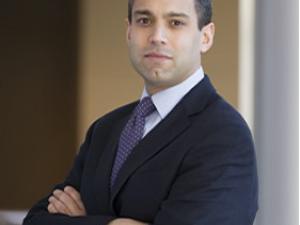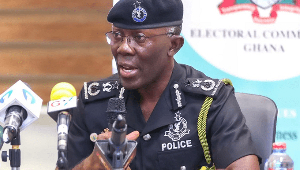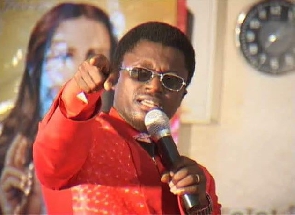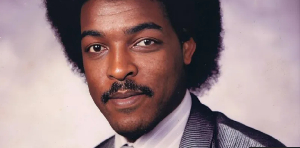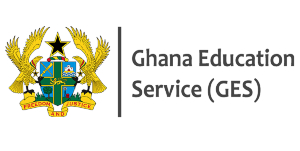Yale University lecturer in Ethics, Politics & Economics, Dr. Vikram Mansharamani, has asked business leaders to be strategic and focus on the long-term needs of their companies in order to remain relevant in a challenging business environment.
He said businesses that tactfully combine flexibility in their business processes with efficiency in their operations will survive in an economy that is not favourable to business growth.
“Leaders must be able to model scenarios and handle probabilities, and above all have the best interpersonal skills,” he said.
Dr. Mansharamani said this ahead of the eighth Festival of Ideas, which comes off tomorrow at the Labadi Beach Hotel in Accra.
The Festival of Ideas is the flagship corporate event of Legacy & Legacy and is recognised as Ghana’s most prestigious business conference, bringing together business heads, top corporate executives and professionals from all sectors for insightful presentations, corporate training, brainstorming and networking.
This year’s programme is being held in the face of significant challenges in the Ghanaian economy, which have resulted in a business confidence dip to an all time low.
Dr. Mansharamani noted that in the long run, policy makers must strive to create and boost confidence in the outlook of businesses.
“Deliberate efforts must be made along with credible policies to make it more attractive for people to invest in the future. One of the most important things is that those policies will live through an election cycle without overspending,” he added.
He explained that borrowing is not right or wrong in itself, but the key measure will be the extent to which the resources are deployed in the most impactful areas with the potential for sustainable benefits.
“My advice to the business community is to carefully review their long-term strategy. Disruptions and uncertainty are often a source of new opportunities. Volatility, currency devaluation, falling confidence and other characteristics are perfect for taking new opportunities.”
He explained that for businesses to survive volatilities and currency devaluation, they must model scenarios and examine the possible implications of each scenario.
“You must then decide on which choice you will make in each scenario. Rising cocoa prices and rising demand in India and China present a big-picture scenario that could provide great opportunity for Ghana. At the same time, you need to connect the dots of possible genetic modifications that could create synthetic cocoa.”
As a global equity investor and author of “BOOMBUSTOLOGY: Spotting Financial Bubbles Before They Burst”, Dr. Mansharamani added that in an uncertain environment, breadth is more of an asset than depth.
“Depth is like carrying a hammer and it makes you see a lot of nails even where they may not exist. It is helpful to also have a screwdriver and wrench as well. That expands your scope and helps you to deal much better with multiple challenges that emerge. That is why being a generalist is better than being a specialist."
Dr. Mansharamani is scheduled to speak at the Festival of Ideas alongside Prof. Ian Shapiro, also of Yale University; Dr. Mensa Otabil, Prof. Robert Hinson, Charles Mensah, Sangu Delle and hosts Rev. Albert & Comfort Ocran.
The one-day conference, which Dr. Mansharamani described as a generalist think-tank that brings together the thinking of leaders from various industries, will have a breakfast and training seminar with four options on Strategy, Finance, Marketing and Public Partnerships.
The evening session will be an exclusive dinner for CEOs, corporate heads and public officials dubbed “A Night With Great Minds”.
Host Albert Ocran said the Festival of Ideas, over time, has seen over 100,000 participants; and the testimonies and success stories that have emerged from participants show the impact on patrons has been positive.
“It gives us the impression that a continuous exposure to new knowledge, ideas, technologies and doing things is something that companies can engage in to make them stronger and be able to respond to challenges that they may face.
“The fact is that the kind of situation (economic hardship) we are grappling with now makes it more imperative to bring together a group of people running different businesses and after hearing different presentations can spend some time to brainstorm about what they are doing to survive for others to learn from,” he said.
Business News of Thursday, 14 August 2014
Source: B&FT





